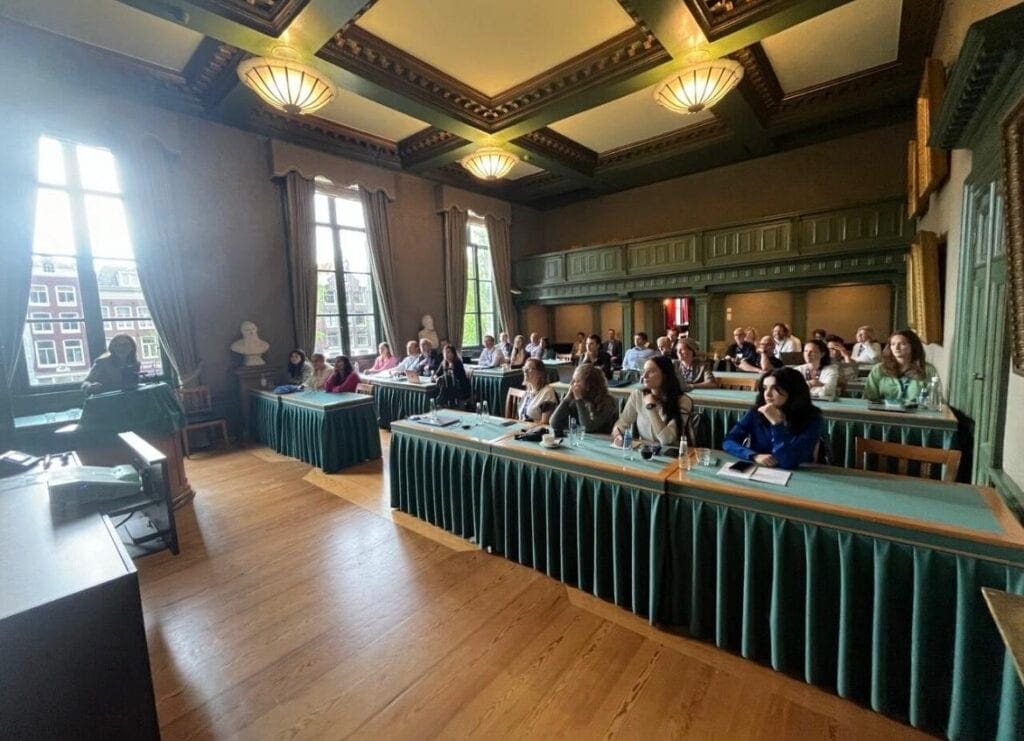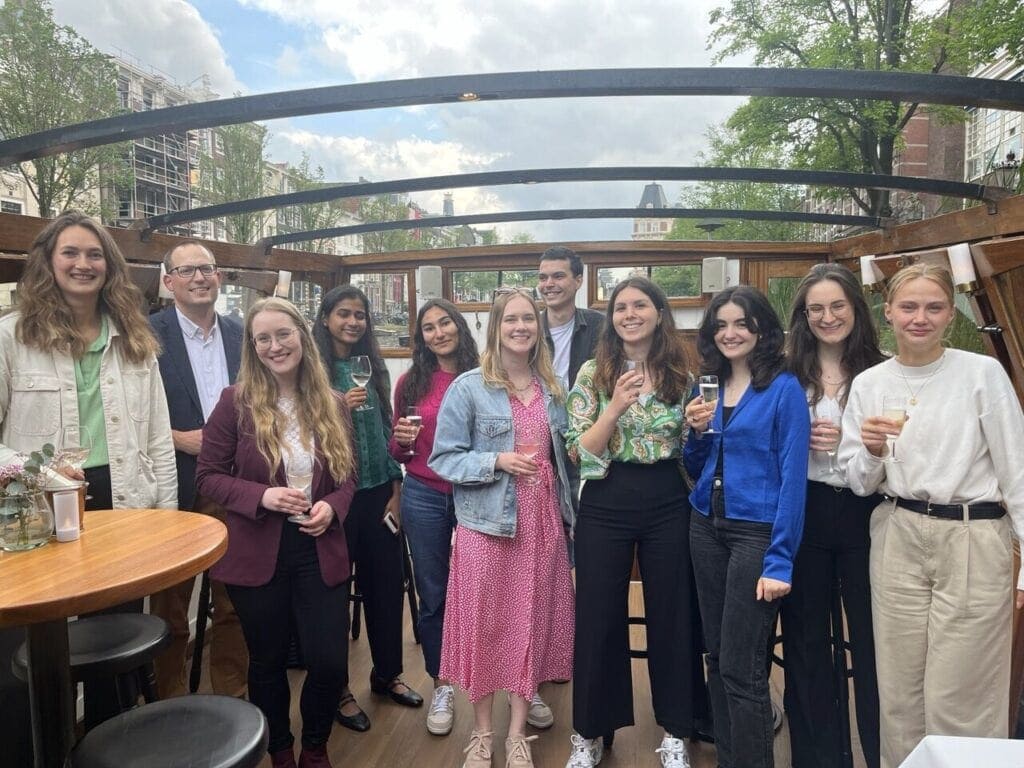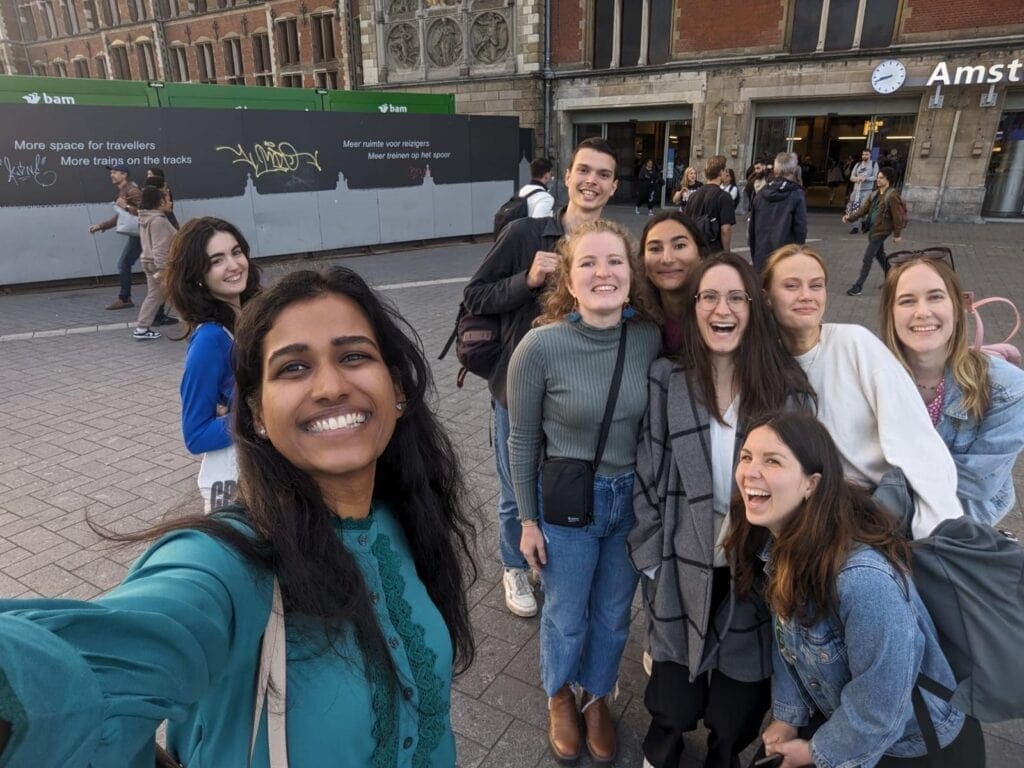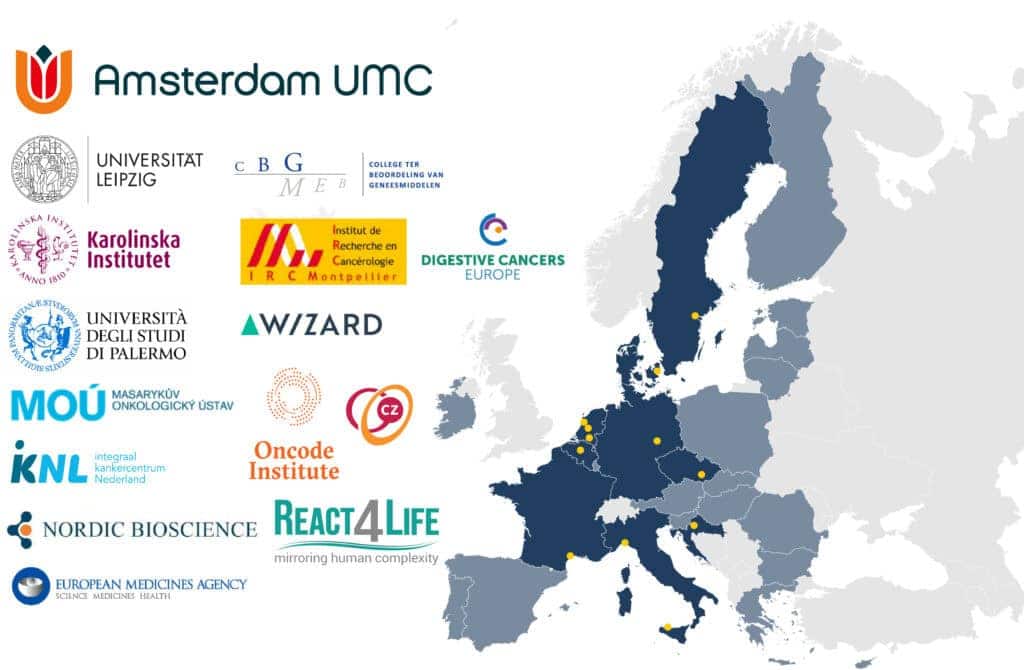PRESSURE Consortium: Addressing Therapy Resistance in Oesophageal Adenocarcinoma
By 2035, cancer is expected to become the leading cause of death in the European Union. Therapy resistance is a major contributor to high recurrence rates, morbidity, and mortality. Oesophageal adenocarcinoma (EAC) is the most common type of oesophageal cancer in the Western world and is a prime example of a cancer that is highly resistant to therapy. This resistance is due to EAC’s high degree of acquired resistance and heterogeneous responses to treatments. Furthermore, there is currently no consensus on a standard treatment for EAC across the EU, with various regimens used in different countries. This situation highlights the need to bring together relevant expertise to create a unified research platform tailored to EAC. To improve patient outcomes, the molecular and cellular mechanisms of resistance must be better understood.
The PRESSURE Consortium is an EU-funded MSCA-Doctoral Network working to train young researchers and establish a consensus treatment for oesophageal adenocarcinoma across the EU, based on real-world data and advanced disease models. The Consortium unites expert groups from the Netherlands, Germany, Italy, Sweden, Czech Republic, France, and Denmark to address the key challenges that prevent effective treatment of EAC.
PRESSURE members have independently built extensive collections of samples, disease models, clinical data, scientific expertise, and advanced technologies. We currently employ 10 PhD candidates who are addressing these scientific challenges through research carried out in academic and industrial settings. They are receiving extensive multidisciplinary training across relevant fields and sectors.
Since 2024, we have been working towards:
- Establishing therapy resistance profiles across a range of preclinical EAC models;
- Generating molecular data for these models (DNA and RNA);
- Investigating compounds with therapeutic potential.
Our close-knit group of candidates also undertake internships at other consortium members’ institutions. This provides a valuable opportunity for multidisciplinary and international training and enables some candidates to work across both preclinical and clinical research environments.
The PRESSURE Consortium meets in person annually and online throughout the year. These meetings allow members to present findings, discuss scientific ideas, and collaborate on future experiments. Our annual meetings also deliver specialised training in cancer biology, epidemiology, and advanced imaging techniques.
At our most recent meeting, Dave Chuter from Digestive Cancers Europe (DiCE) shared his personal experience of living with oesophageal cancer, offering essential patient perspectives that inform and enhance the research carried out by our PhD candidates.
Our ultimate aim is to improve patient outcomes by achieving a better understanding of therapy resistance and working towards effective, evidence-based treatments.
If you’re interested in learning more about PRESSURE’s role in addressing therapy resistance, please visit this link.
For more information and regular updates on the PRESSURE Consortium, please follow us on LinkedIn or visit our website:
For any further enquiries, please get in touch with us at: pressure@amsterdamumc.nl.




Author: